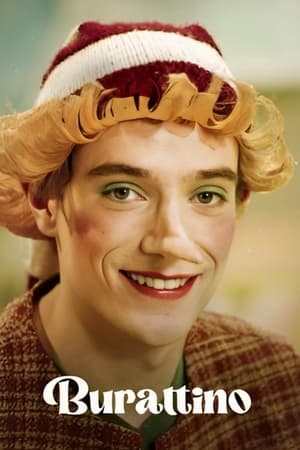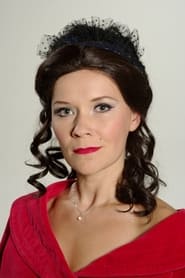Movie: Burattino
Top 10 Billed Cast
Video Trailer Burattino
Similar Movies
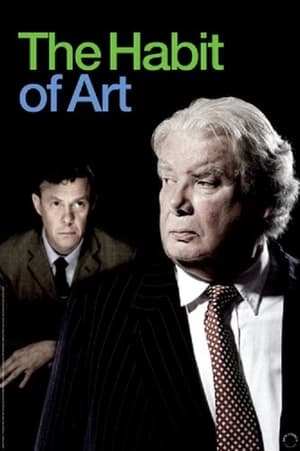 8.0
8.0National Theatre Live: The Habit of Art(en)
National Theatre Live’s 2010 broadcast of Alan Bennett’s acclaimed play The Habit of Art, with Richard Griffiths, Alex Jennings and Frances de la Tour, returns to cinemas as part of the National Theatre's 50th anniversary celebrations. Benjamin Britten, sailing uncomfortably close to the wind with his new opera, Death in Venice, seeks advice from his former collaborator and friend, W H Auden. During this imagined meeting, their first for twenty-five years, they are observed and interrupted by, amongst others, their future biographer and a young man from the local bus station. Alan Bennett’s play is as much about the theatre as it is about poetry or music. It looks at the unsettling desires of two difficult men, and at the ethics of biography. It reflects on growing old, on creativity and inspiration, and on persisting when all passion’s spent: ultimately, on the habit of art.
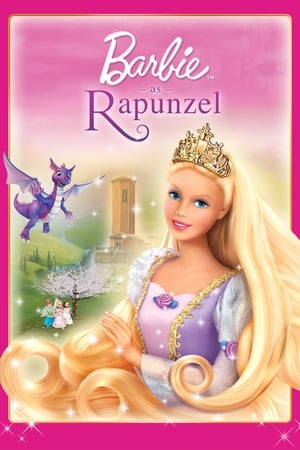 7.0
7.0Barbie as Rapunzel(en)
Long, long ago, in a time of magic and dragons, there lived a girl named Rapunzel who had the most beautiful radiant hair the world had ever seen. But Rapunzel's life was far from wonderful. She lived as a servant to Gothel, a jealous, scheming witch who kept her hidden deep in a forbidding forest, guarded by the enormous dragon Hugo and surrounded by an enchanted glass wall. However, in a twist of fate, Rapunzel's discovery of a magic paintbrush leads her on a journey that will unravel a web of deception, bring peace to two feuding kingdoms, and ultimately lead her to love with the help of Penelope, the least intimidating of dragons!
 10.0
10.0Patalliro! Stage Play(ja)
The first theatrical play adaptation of the popular manga series “Patalliro!”.
 7.7
7.7Urinetown(en)
In the not-so-distant future, a terrible water shortage and 20-year drought has led to a government ban on private toilets and a proliferation of paid public toilets, owned and operated by a single megalomaniac company: the Urine Good Company. If the poor don’t obey the strict laws prohibiting free urination, they’ll be sent to the dreaded and mysterious “Urinetown.” After too long under the heel of the malevolent Caldwell B. Cladwell, the poor stage a revolt, led by a brave young hero, fighting tooth and nail for the freedom to pee “wherever you like, whenever you like, for as long as you like, and with whomever you like.”
Merrily We Roll Along(en)
Franklin Shepard is a talented Broadway composer who abandons his theater career and all his friends in New York in order to produce films in Los Angeles. The story begins at the height of his Hollywood fame and moves backwards in time, showing snapshots of the most important moments in Frank’s life that shaped the man he is today.
 0.0
0.0Al Bab Ya Shabab(ar)
A satirical Kuwaiti comedy play, focusing on young people, their needs and the problems they are going through in their daily lives, and sometimes their rebellion against society to pay attention to their problems and seek a solution to them.
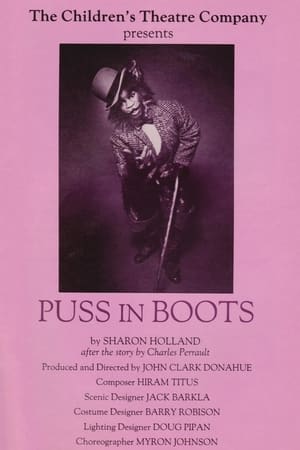 1.0
1.0Puss in Boots(en)
The Children's Theatre Company of Minneapolis re-imagines the classic fairy tale as a jazz musical set in New Orleans.
 7.0
7.0We Want You To Win(ar)
A Kuwaiti comedy play starring Dawood Hussain & Intesar Al Sharrah.
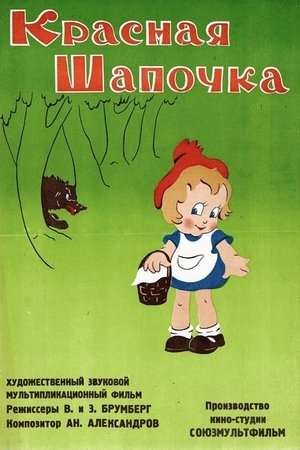 0.0
0.0Little Red Riding Hood(ru)
A classic Soviet, black-and-white, animated film by the sisters Brumberg, "grandmothers of the Russian animation". Its plot differs slightly from the original fairy tale.
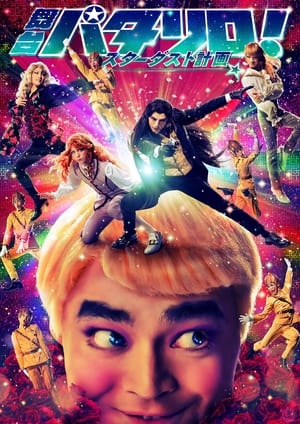 10.0
10.0Patalliro! Stage Play ★Stardust Project★(ja)
The second theatrical play adaptation of the popular manga series “Patalliro!”.
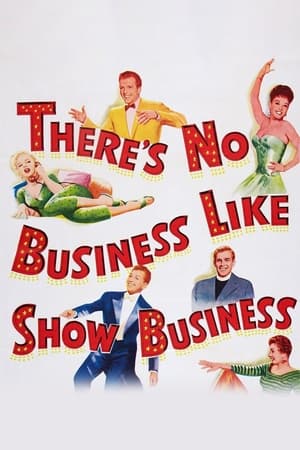 6.1
6.1There's No Business Like Show Business(en)
Molly and Terry Donahue, plus their three children, are The Five Donahues. Youngest son Tim meets hat-check girl Vicky and the family act begins to fall apart.
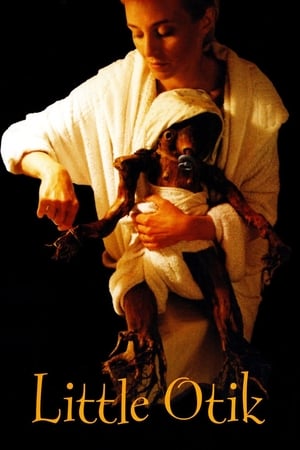 7.0
7.0Little Otik(cs)
When a childless couple learn that they cannot have children, it causes great distress. To ease his wife's pain, the man finds a piece of root in the backyard and chops it and varnishes it into the shape of a child. However the woman takes the root as her baby and starts to pretend that it is real.
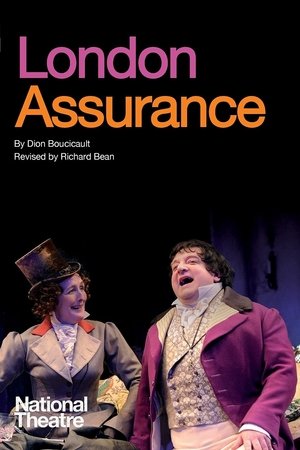 7.0
7.0National Theatre Live: London Assurance(en)
Grace has agreed to marry Sir Harcourt in return for his financial support of her family. At a house party in her father's place, Harcourt's son Charles also falls in love with Grace. When his father appears on the scene, he has to convince him that there is a case of mistaken identity and he is somebody else. Then Lady Gay Spanker, a married woman also visiting at the house, is persuaded by Charles to seduce his father and thus divert his attention from Grace. Much confusion and scheming ensues.
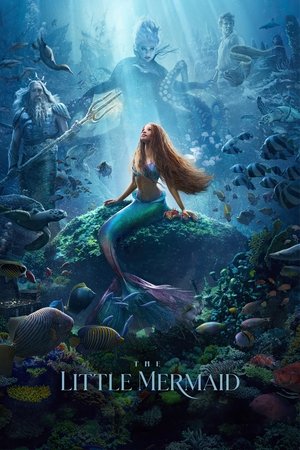 6.3
6.3The Little Mermaid(en)
The youngest of King Triton’s daughters, and the most defiant, Ariel longs to find out more about the world beyond the sea, and while visiting the surface, falls for the dashing Prince Eric. With mermaids forbidden to interact with humans, Ariel makes a deal with the evil sea witch, Ursula, which gives her a chance to experience life on land, but ultimately places her life – and her father’s crown – in jeopardy.
 5.0
5.0The Age of Violence(es)
Daniel, the leader of a criminal youth gang, views new guy Victor first as a threat, then as possible addition to his gang. When Victor refuses, but sets his eyes on Daniel's Sister Nancy, Daniel orders her to get close to Victor so she can persuade him to join the gang. Daniel does not expect that instead the relationship with Victor makes Nancy longing for a life without crime. A juvenile-delinquent-crime-musical!
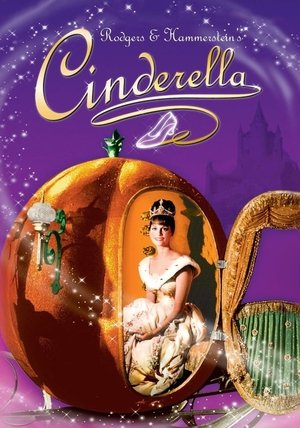 6.4
6.4Cinderella(en)
After the success of the live 1957 Cinderella on CBS (with Julie Andrews), the network decided to produce another television version. The new script hewed closer to the traditional tale, although nearly all of the original songs were retained and performed in their original settings. Added to the Rodgers and Hammerstein score was "Loneliness of Evening", which had been composed for South Pacific but not used.
Precious Daughter(cn)
Precious Daughter follows the couple's story even after their marriage. With the help of her caring mother, rich girl who is mute manages to marry the man of her dreams. However, their marriage soon runs into difficulties because of her inability to please her demanding sister-in-law. While the heroine regaining her voice leads to catastrophe for the hero in the original play, the two films celebrate the return of their heroines' voices with song and dance – thanks to the popularity of musicals at the time.
The Beauty and the Dumb(zh)
Anatole France's The Man Who Married a Dumb Wife has been adapted into three different Hong Kong films in the 1950s alone. These two adaptations stray from the source material considerably in genre, characterisation and plot, turning a farce about married life into localised romantic comedies that emphasise family values. The Beauty and the Dumb follows the couple from their meet-cute to the misunderstandings they encounter before the inevitable happy ending. The heir of a bank (Huang He) falls in love at first sight with one of the employees' daughter (Li Lihua), but their burgeoning relationship is nearly derailed when the girl's father intervenes to help his dumb daughter land a rich husband.
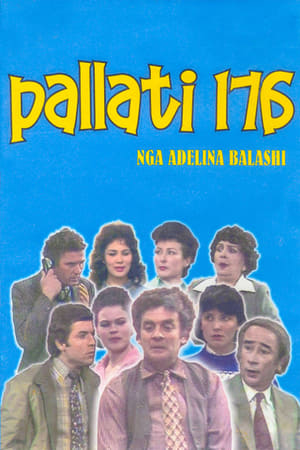 9.2
9.2Palace 176(sq)
A comedy by well-known Albanian theater. A comedy known and loved by all, under the interpretation of the most famous actors of the Albanian National Theatre. A comedy that provides only laughter. Albanian: Nje komedi nga Teatri Popullor Shqiptar. Komedia me e njohur dhe me e dashur për të gjithë, nën interpretimin e aktoreve më të njohur të Teatrit Kombëtar. Nje komedi qe siguron vetem te qeshura.
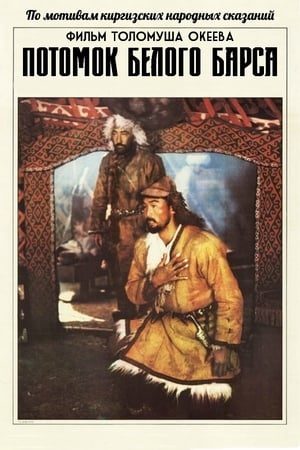 7.5
7.5The Descent of the White Leopard(ru)
The Russian Descendant of the Snow Leopard is based on a famous Kirghizian folktale. Apparently the Kirghizian folks had plenty of time to tell this story: to print a full synopsis would result in a novelette. Essentially, the story involves a proud group of highland hunters called the Snow Leopards, who in order to survive a brutal winter must request help from the Lowland people. The price for this assistance is the hand of the Snow Leopard's daughter, who is promised in marriage to a wealthy Lowland trader. During the Springtime wedding celebration, the trader becomes fascinated by a stranger who wins all the athletic contests. This "male" contestant turns out to be a woman, who has arrived to seek freedom for her imprisoned husband. The subsequent romance between the trader and the beautiful stranger results in disaster and bloodshed for both the Snow Leopards and the Lowlanders.

